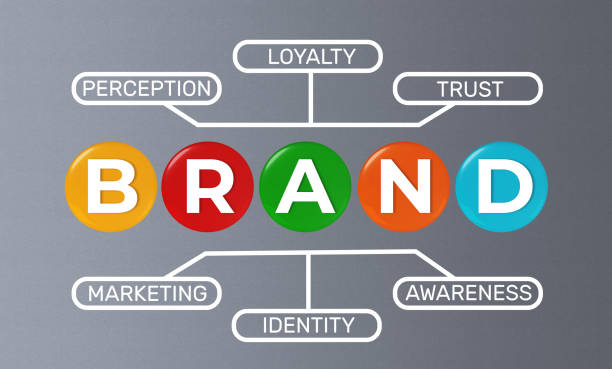In Nigeria’s business world, fair competition is critical for growth and consumer satisfaction. However, some businesses engage in unfair practices to dominate the market or gain undue advantage. To address this, Antitrust and Competition Law exists to promote fairness and protect businesses and consumers.
If you’ve ever wondered how these laws impact Nigerian business deals, this guide breaks it down in simple terms.
What Is Antitrust and Competition Law?
Antitrust and competition laws are rules designed to ensure businesses compete fairly. They prevent practices that harm competition, smaller businesses, or consumers.
Some key practices these laws focus on include:
- Price Fixing: Agreements between businesses to sell products at the same high price, leaving consumers with no options.
- Market Sharing: Dividing markets or customers to avoid competition.
- Abusing Market Power: Large businesses using their position to unfairly dominate the market or force out smaller competitors.
- Creating Monopolies: Situations where one company controls an entire market, eliminating competition.
The Nigerian Framework: FCCPA
n Nigeria, the Federal Competition and Consumer Protection Act (FCCPA), enacted in 2019, regulates business competition. It established the Federal Competition and Consumer Protection Commission (FCCPC) to enforce these laws.
The FCCPA’s main objectives are:
- Ensuring fair competition in business deals.
- Preventing unfair practices that harm smaller businesses or consumers.
- Protecting consumer rights in transactions.
For example, if two companies agree to inflate the price of a product in a business deal, the FCCPC can investigate and penalize them.
Why Antitrust and Competition Law Matters in Business Deals
For businesses in Nigeria, compliance with antitrust laws is crucial during negotiations or deals. Here’s why:
- Avoid Legal Penalties: Companies caught engaging in unfair practices may face fines or other sanctions.
- Protect Reputation: Businesses that follow competition laws are seen as ethical and trustworthy.
- Foster Partnerships: Fair deals encourage stronger collaborations and partnerships.
- Encourage Innovation: Healthy competition pushes businesses to innovate and improve.
Examples of Fair Business Practices in Nigeria
- Avoiding agreements that manipulate prices or limit competition.
- Being transparent in contracts and negotiations.
- Respecting the rights of smaller businesses and suppliers.
For instance, if a large building materials company partners with a smaller distributor, they should offer fair terms that allow both parties to benefit.
How Businesses Can Stay Compliant
To avoid issues with the FCCPC, businesses can:
- Understand the FCCPA and its guidelines.
- Avoid anti-competitive agreements or practices.
- Seek legal advice before major deals or agreements.
CONCLUSION
Antitrust and competition laws play a vital role in ensuring fairness in Nigerian business deals. They create a balanced marketplace where all businesses—big or small—can thrive, and consumers benefit from better prices and quality.
For businesses, staying compliant not only avoids penalties but also builds trust and encourages growth. By following these laws, Nigeria’s business environment becomes more competitive and vibrant, benefiting everyone involved.







